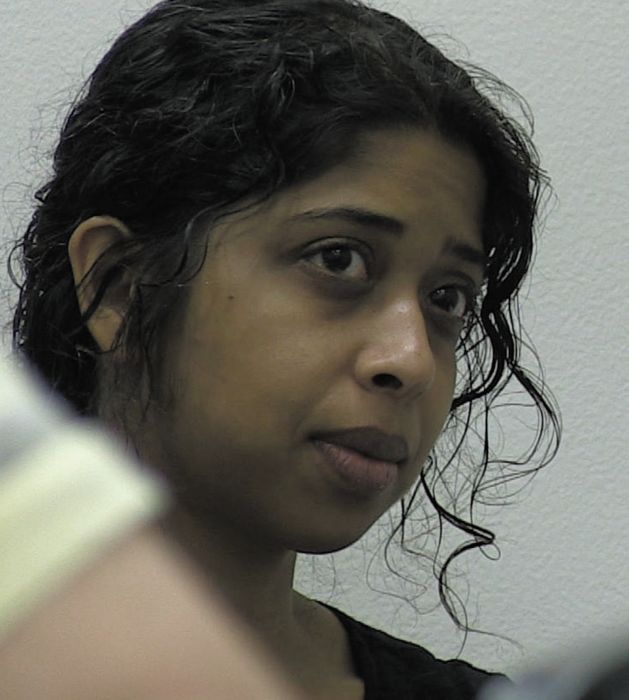
What is the focus of your research?
I am particularly interested in the processes of gentrification around the city and inner west, in Waterloo-Redfern, around Marrickville and in St Peters. As part of my work I have been interviewing a variety of people across Sydney – councillors, developers and planners – as well as residents from areas presently undergoing change. I worked, for example, with the residents of Waterloo as they have tried to organise themselves following the announcement of the proposed redevelopment.
How do you see your research as being useful to the Waterloo Estate?
One of the things I am looking at in my work is what the move from public housing to community housing might mean for tenants, and that could be an area of research of interest to people in Waterloo. It might be useful for navigating things in the future. But this is still a work in progress. However, the question of how the work I do can be useful for people who are affected by the sorts of processes I am researching is a tricky one. I do struggle with it, especially given that some social research has been damaging to communities or has not really contributed to those communities whose resources it has tapped into. I, and my colleague Alistair who has also been working with residents from Waterloo, have discussed how we can make our research available to people, especially the people we have interviewed. We are open to ideas on this front.
What motivates you most in your research?
I guess my research interests stem from the fact that I love and care about cities, I care about how politics plays out in urban areas and what justice means in that context. Al and I were at a conference in Leeds, UK in September where one of the themes discussed was the role of the university in supporting urban justice struggles, including demands for access to housing. There were a number of speakers from different places who were involved in campaigns for better housing, better planning and access to meaningful education. I feel it’s important for institutions like universities, and people working in academic settings, to play a role in supporting, not appropriating, the struggles and actions of urban residents. The University of Sydney, for instance, has a lot to answer for. Its encroachment into the suburb of Darlington took chunks out of the suburb, and student accommodation has played a role in accelerating gentrification in the surrounding areas.
How important for the future is the battle for Waterloo?
One of the things I don’t think I have mentioned to many people is that I moved here from the UK, and I have lived in both the UK and in India for most of my life. The first time I came to live in Sydney was in 2011 but I was working in North Ryde then. I had friends however who lived around Newtown, Redfern and Marrickville. My first visit to Waterloo was during a march in commemoration of T.J. Hickey in February 2012. After the protest, and after listening to what people said, I read more about the political history of the area and visited more often. I guess it opened my eyes to how important Waterloo-Redfern is for the city of Sydney – and for many cities around the world – as a site of struggle and as an attempt to create a different way of being and living.




